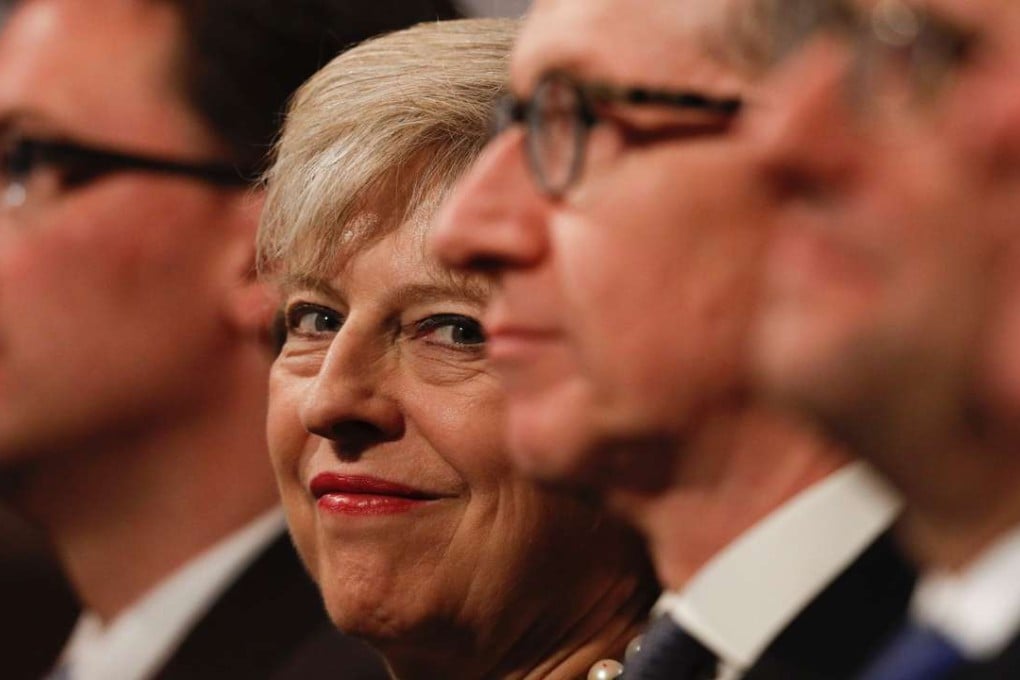In Little England, the conceit of Brexit is on full display
Philip Bowring says three months after Britain voted to leave the EU, the arrogance with which the UK political class is handling the break-up is anything but reassuring

Chinese tourists may be enjoying London in the wake of the fall in sterling but for this visiting Brit, it is a depressing place. Brexit is built on a fearsome alliance of arrogance, ignorance and nostalgia. If pursued with the intensity indicated by Prime Minister Theresa May, a poor woman’s Margaret Thatcher, the decline of the nation relative to its European peers is destined to accelerate.
Much of the blame for this state of affairs rests with a professional political class focused more on party politics than on national interest or principles of government. Thus, then prime minister David Cameron promised a referendum on the European Union simply to buy off the xenophobic wing of his party, as there was no popular demand for it. In the process, he undermined centuries of representative government through Parliament, unleashing a protest vote backed by battalions of lies from the ranks of opportunists led by Boris Johnson, a precursor of Donald Trump.


Theresa May flags ‘hard Brexit’ but business groups and eurosceptics demand more detail
As for the opposition Labour Party, its election of a 1960s neo-Marxist as leader despite its official pro-EU stance has condemned it to irrelevance. Its detachment from reality was indicated by its recent party conference, where Brexit, the most important issue the nation has faced in 50 years, went largely ignored amid talk on social and leadership issues.
The nostalgia for a non-existent past is particularly strong among older generations. That should be surprising to anyone who remembers what Britain was actually like in its pre-European Economic Community/EU days, or its arrogant failure to join the European movement in the beginning and then its humiliating rejection by France’s president Charles de Gaulle in 1963.
The scorn with which Brexit advocates treat other EU members is in stunning contrast to the actual facts about relative conditions. The economics is disturbing. The UK is now running a current account deficit equal to 6 per cent of its gross domestic product. That is the highest of any major country and would be cause for panic in a developing country. It is sustained by a mix of the sale of domestic assets and bonds to foreigners (the latest its £24 billion [HK$232 billion] sale of chip company ARM to Japan), and flow of Chinese and other funk money into property and football teams. Not long ago, the UK had large net overseas assets. Now, debt and dividend service adds to the deficit.
